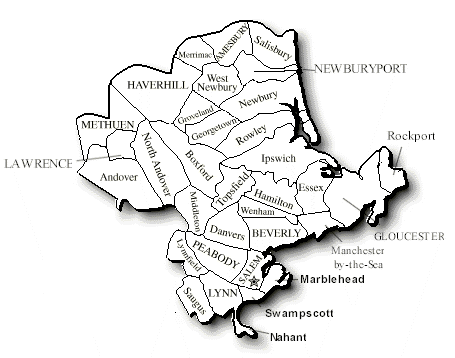Solicitation
The crime known as solicitation includes asking on behalf of a prostitute or looking on behalf of a prostitute for “johns,” or a customer. With law enforcement cracking down and running sting operations to catch solicitors of prostitutes, pimps and panderers, it is important for you to know where to turn in the event that it happens to you.
Solicitation is a very serious sex crime in the state of Massachusetts that is punishable for both the solicitor and the individual agreeing to pay a prostitute for sexual favors, also known as the “john.” In events where the act of solicitation or prostitution involves a minor, higher charges and strict legal penalties will be enforced, including sex offender registration.
Prostitution
Engaging in sexual conduct for a fee is a crime prohibited by Massachusetts General Laws Chapter 272 Section 53A. The law defines “engaging in sexual conduct for a fee” as either: (1) engaging; (2) agreeing to engage; or (3) offering to engage in sexual conduct with another person for a fee. It does not matter whether any sexual conduct actually occurs, as long as there is an agreement or offer to engage in the sexual conduct.
This section also makes the acts of prostitutes’ payors criminal offenses. It proscribes (1) paying; (2) agree to pay; or (3) offering to pay another person to engage in sexual conduct. Again, whether any sexual conduct actually occurs is irrelevant.
If you are convicted of engaging in sexual conduct for a fee, whether you are the payee or payor, you face imprisonment in the house of correction for up to one year or a fine of up to $500, or both.
Procuring a person to practice or enter a place for prostitution is a criminal offense under Massachusetts General Laws Chapter 272 Section 12.
To convict a person of this offense, the prosecutor has to prove beyond a reasonable doubt that the defendant procured, enticed, sent or aided or abetted in procuring, enticing or sending a person to practice prostitution or enter any place that is for prostitution. This prohibition against sending a person to a place for prostitution covers owners of employment agencies and their agents or employees.
If you are convicted of this offense, you face a fine ranging from $100-$500 or a prison sentence ranging from three months to two years.
Deriving financial support from prostitution is proscribed by Massachusetts General Laws Chapter 272 Section 7.
To convict a person of this offense, the prosecutor must prove beyond a reasonable doubt that:
1. The defendant derived support from, even partly, or shared in earnings, proceeds or monies that came from another’s prostitution; and 2. The defendant knew that that person was a prostitute.
This law is directed against those persons commonly referred to as “pimps” or “purveyors.” Merely driving a prostitute to a location and returning to pick the prostitute up in exchange for gas money is not enough to constitute this offense.
If you are convicted of this offense, there is a minimum five-year state prison sentence and a $5,000 fine. This sentence cannot be reduced to less than two years, and you will not be eligible for probation or parole until you serve two years of the sentence.
Soliciting for a prostitute is a crime under Massachusetts General Laws Chapter 272 Section 8. The law prohibits (1) soliciting a prostitute; and (2) receiving compensation for soliciting a prostitute.
If you are facing charges for Prostitution or Solicitation in Newburyport, Salem, Boston, Amesbury, Salisbury, Lawrence, Ipswich, or any town in the Essex, Suffolk, or Middlesex counties in Massachusetts, call Criminal Attorney Bonavita immediately at 978-376-6746 or email her with your case information!





